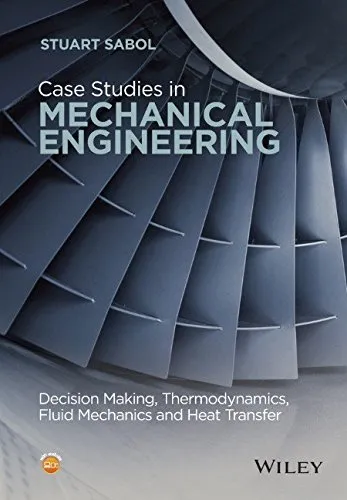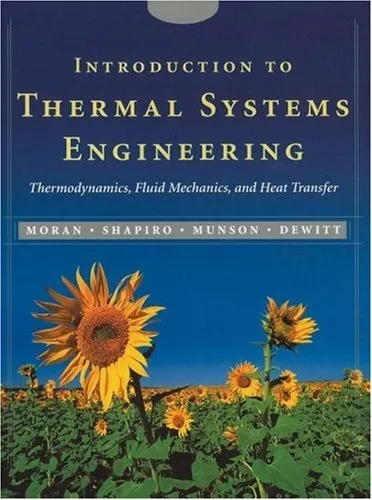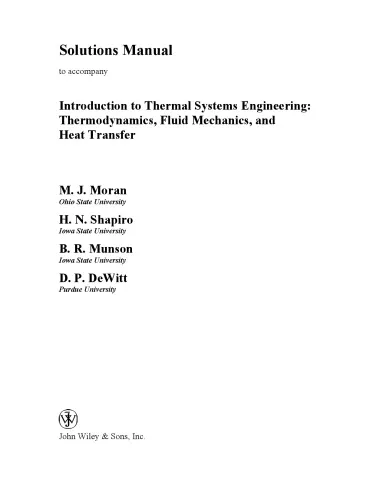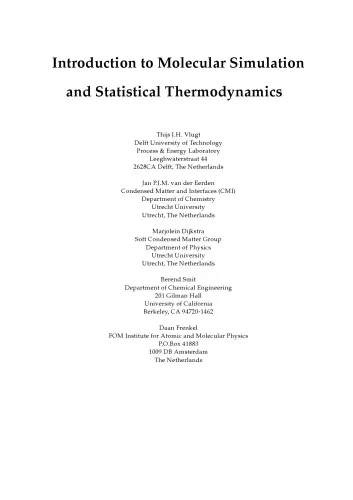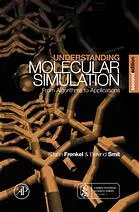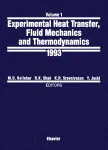Case Studies in Mechanical Engineering: Decision Making, Thermodynamics, Fluid Mechanics and Heat Transfer
4.5
Reviews from our users

You Can Ask your questions from this book's AI after Login
Each download or ask from book AI costs 2 points. To earn more free points, please visit the Points Guide Page and complete some valuable actions.Related Refrences:
Introduction to "Case Studies in Mechanical Engineering: Decision Making, Thermodynamics, Fluid Mechanics and Heat Transfer"
Welcome to "Case Studies in Mechanical Engineering: Decision Making, Thermodynamics, Fluid Mechanics and Heat Transfer," a comprehensive and expertly crafted guide aimed at bridging the gap between theoretical concepts and real-world engineering applications. This book is carefully tailored to help students, educators, and professionals alike navigate the multifaceted world of mechanical engineering with clarity and precision. By leveraging case studies as a core educational tool, I seek to provide readers with practical insights into decision-making, design principles, and interdisciplinary problem-solving techniques spanning thermodynamics, fluid mechanics, and heat transfer.
Mechanical engineering as a field demands not just technical expertise but also a keen ability to analyze and solve complex problems using logical and practical methodologies. This book places a strong emphasis on hands-on learning, illustrating how fundamental engineering concepts are applied to address real challenges faced in modern industries, from power generation to aerospace systems. Whether you are preparing for your career or looking to enhance your existing knowledge, this book serves as a valuable resource to sharpen your analytical skills and expand your understanding of mechanical engineering.
Detailed Summary
At its core, this book is organized into individual case studies that delve deeply into several key topics within mechanical engineering. Each chapter is structured to begin with a brief overview of fundamental theories, laying the groundwork for the practical application of these ideas. From there, the reader is guided through case studies that simulate real-world engineering problems, allowing a hands-on approach to theoretical application.
The book covers four primary domains essential to mechanical engineers:
- Thermodynamics: Explore how energy transformations and thermal systems are analyzed and optimized in practical scenarios, including power cycles and refrigeration systems.
- Fluid Mechanics: Learn about fluid flow principles, hydrodynamic behavior, and applications in fields such as aviation, hydraulic systems, and environmental engineering.
- Heat Transfer: Understand conduction, convection, and radiation, and their roles in industries as diverse as automotive design and electronics cooling.
- Decision Making: Gain insights into how engineers synthesize technical knowledge to make informed design and operational decisions under constraints.
Each case study in the book includes detailed problem statements, guided solutions, and step-by-step analyses. Readers are encouraged to engage with the content by attempting to solve the scenarios themselves before delving into the explanations. The book also incorporates practical tips, software recommendations, and industry-standard practices wherever applicable.
Key Takeaways
- Master the integration of theoretical concepts with practical engineering challenges through detailed case studies.
- Develop critical thinking and decision-making skills necessary for solving multifaceted problems in mechanical engineering.
- Build confidence in understanding thermodynamics, fluid mechanics, and heat transfer by observing how these principles are utilized in professional settings.
- Learn to adapt to real-world constraints, such as economic feasibility, material limitations, and sustainability considerations, in the design process.
- Strengthen your ability to analyze, simulate, and verify engineering solutions with precision and attention to detail.
Famous Quotes from the Book
"Mechanical engineering is not merely a field of study; it is the art of harnessing nature’s forces for the benefit of society."
"Design is where knowledge meets creativity, and success is measured by the ability to anticipate and solve problems you don’t yet see."
"The essence of engineering lies in decisions—each one shaping the safety, function, and legacy of what you create."
Why This Book Matters
Today, the ever-changing demands of industries and technological advancements have placed greater emphasis on practical problem-solving skills in engineering education. This book stands out as a critical resource for anyone seeking to connect academic knowledge with real-life applications. By presenting intricately detailed case studies, I aim to challenge readers to think beyond textbook equations and imagine the holistic impact of their engineering solutions.
What makes this book truly unique is its interdisciplinary approach. By blending elements of decision-making with the core technical subjects of thermodynamics, fluid mechanics, and heat transfer, this book prepares future engineers to tackle diverse challenges. It emphasizes understanding the entire ecosystem around engineering problems, including economic constraints, environmental considerations, and innovation opportunities.
In summary, "Case Studies in Mechanical Engineering" is more than a book—it's a roadmap for developing the mindset and skills necessary for a successful and rewarding career in the engineering discipline. Whether you are a student, a teacher, or an industry professional, this book will serve as a trusted companion in your journey to mastering the art and science of mechanical engineering.
Free Direct Download
You Can Download this book after Login
Accessing books through legal platforms and public libraries not only supports the rights of authors and publishers but also contributes to the sustainability of reading culture. Before downloading, please take a moment to consider these options.
Find this book on other platforms:
WorldCat helps you find books in libraries worldwide.
See ratings, reviews, and discussions on Goodreads.
Find and buy rare or used books on AbeBooks.
1480
بازدید4.5
امتیاز0
نظر98%
رضایتReviews:
4.5
Based on 0 users review
Questions & Answers
Ask questions about this book or help others by answering
No questions yet. Be the first to ask!
